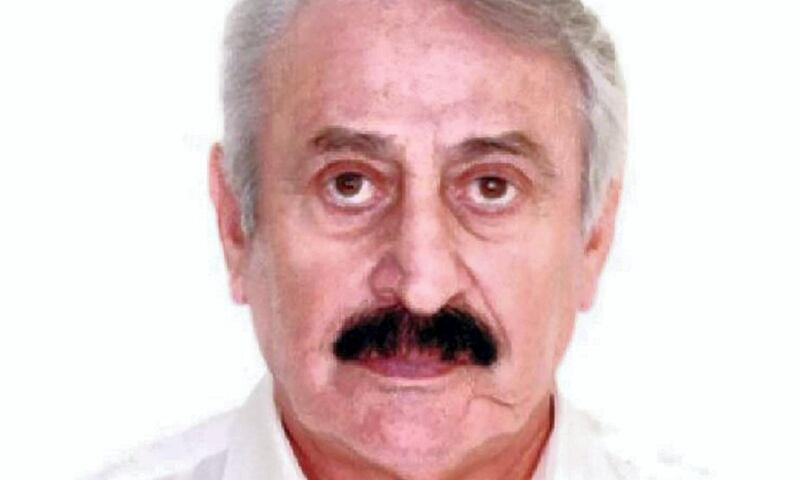The case of a trio of British pensioners convicted of exporting banned military parts to Iran while claiming to be trading in wheelbarrows sounds like the plot of a 1950s Ealing comedy. Two of the accused, the husband-and-wife owners of a small aviation company, claimed that all they wanted was to earn some extra holiday money and buy season tickets for their local football club, Crawley Town, which languishes at the lowest levels of the English football league. However, there is nothing amusing about the activities of this gang of three, led by a 77-year-old businessman who cynically set about enriching himself by defying international sanctions designed to prevent deadly weapons falling into the hands of rogue nations and terrorists.
The lengthy investigation preceding the trials provides an indication of the complexity of the networks they employed. It took UK authorities more than six years to crack the case, following a trail of clues that led from England’s bucolic West Country to The Netherlands, Malaysia and Dubai. This strange story serves as a timely reminder that sanctions are nothing more than well-intentioned paperwork unless all signatory nations are prepared to enforce them. Britain operates a strict licensing regime, in order to maintain sanctions and restrict access to military and dual-use items – materials with civilian applications that can also be used in weaponry. The latter category is, by nature, particularly difficult to police. Indeed, the judge said that he understood how two of the defendants “could not see how innocuous objects like nuts and bolts could be, or would be, put to nefarious use in Iran”.
Details of Tehran’s involvement with the wheelbarrow gang did not emerge during the trials. But, according to a recent study by a sanctions-monitoring unit at King’s College London, such cases illustrate the extent and sophistication of Iran’s illicit procurement activities, “a longstanding hallmark of its nuclear and missile programmes”. This case is also far from unique. Over the past 10 years, the US Treasury has fined or accepted settlements worth billions of dollars from dozens of companies that have operated in breach of Iranian sanctions. In one high-profile 2015 case, US authorities charged four companies and five individuals with supplying $24 million worth of controlled military and nuclear parts to Iran.
As a motive, greed can be as dangerous as fanatical extremism, and the international community must remain constantly vigilant. That none of those involved in this latest plot appear to have been politically motivated raises an important question – whether the danger posed by Iran is fully appreciated by those lucky enough to live out of range of the weapons with which it threatened the UAE and other neighbours only last week. Perhaps the members of this gang of grey-haired opportunists might have thought twice about their actions had they ever faced that risk.





